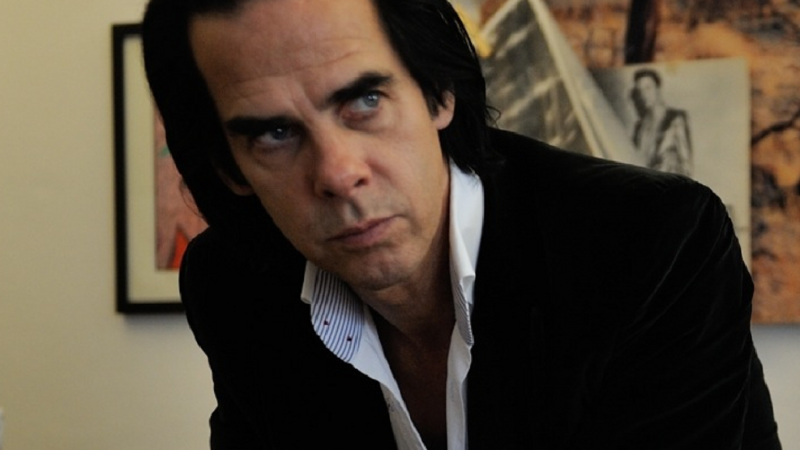Rocker Nick Cave: Cancel Culture Is 'Bad Religion Run Amuck'
'Political correctness has grown to become the unhappiest religion in the world.'

Earlier this year, the highly regarded Australian rocker and "Goth heartthrob" Nick Cave criticized "perpetually pissed-off…pearl-clutchers" who demand that old songs, novels, and other works of creative expression be censored or changed when they offend contemporary sensibilities. Writing in his monthly newsletter The Red Hand Files, he averred
I would rather be remembered for writing something that was discomforting or offensive, than to be forgotten for writing something bloodless and bland.
In the most recent edition of The Red Hand Files, Cave again takes aims against "cancel culture," especially what he sees as its "refusal to engage with uncomfortable ideas" and "asphyxiating effect on the creative soul of a society." Cancel culture, he writes, "is mercy's antithesis," an impulse that combines the worst aspects of religious fervor and ideological certitude.
Political correctness has grown to become the unhappiest religion in the world. Its once honourable attempt to reimagine our society in a more equitable way now embodies all the worst aspects that religion has to offer (and none of the beauty) — moral certainty and self-righteousness shorn even of the capacity for redemption. It has become quite literally, bad religion run amuck.
Cancel culture's refusal to engage with uncomfortable ideas has an asphyxiating effect on the creative soul of a society. Compassion is the primary experience — the heart event — out of which emerges the genius and generosity of the imagination. Creativity is an act of love that can knock up against our most foundational beliefs, and in doing so brings forth fresh ways of seeing the world. This is both the function and glory of art and ideas. A force that finds its meaning in the cancellation of these difficult ideas hampers the creative spirit of a society and strikes at the complex and diverse nature of its culture.
Cave, whose music, novels, and other writings often explore themes of violence, death, and guilt, has become a reliable defender of absolute creative freedom in an age that seems to increasingly embrace ideological and political conformity. Born in 1957 and long on the fringes of mainstream acceptance, he is a survivor of battles over indecency and censorship waged in the 1980s and 1990s who has managed to become not just a critical darling but something of a wise elder (in 2017, he was even inducted into the Order of Australia). He remains idealistic in the face of cancel culture, writing "we are a culture in transition, and it may be that we are heading toward a more equal society" even as he forcefully champions free speech and free thought in an age of conformity.


Show Comments (39)